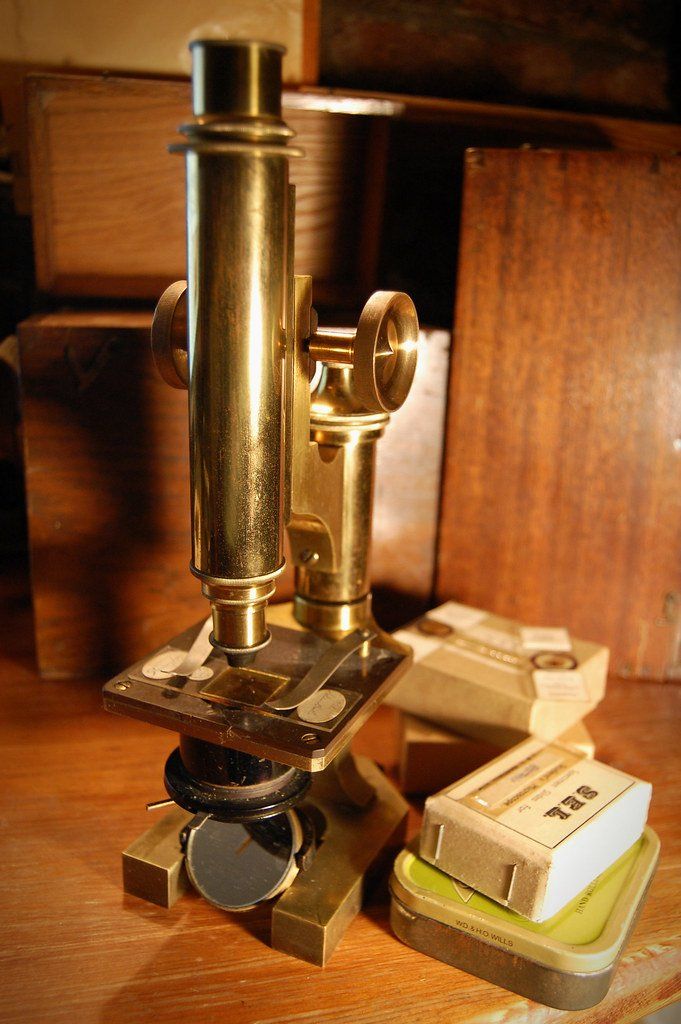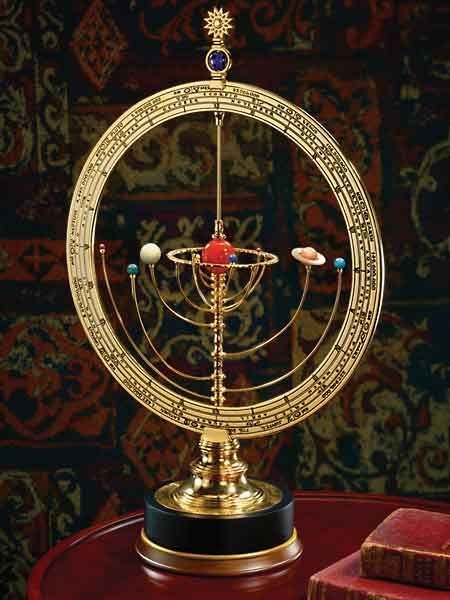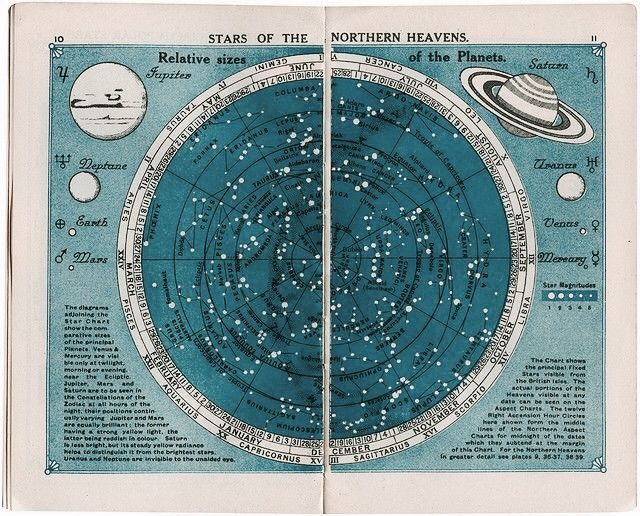OUR SERVICES for ToK 2022
ToK 2022 is here!
The new ToK Course brings with it many changes which are designed to engage a new generation of IB students with a more structured and inspiring experience of TOK!
To make sense of how we’ve tailored our services to fit in with the new ToK Subject Guide (2022), please read what follows.
The details will give you a clear view of how we’ve adapted to give you the best support we can in the three main areas of this website:
1. ToK AI Generated Essay Check
2. ToK Essay Review service
3. The new ToK Exhibition Review service
We continue to provide great services
References
Feedback
Review
Expertise
All the services you need,
all in one place.
'ToK Foundations' : Our thoughts about the new Core Theme
Sample Review
Key points
Key Notes
Sample TOK Essay Guide
A new look Guide for ToK 2022
The ToK Essay
The rules for the planning and drafting of the Essay are clearly laid out in the new ToK Subject Guide (2022).
Just remember to read the Sample Review notes above before clicking the tabs below.
'ToK Transitions' : Our thoughts about the new ToK Exhibition
The ToK Exhibition
The new ToK Subject Guide (2022) provides key information about the procedures for developing your ToK Exhibition Commentary.
Adapting to a new form of assessment can be worrying, especially when it carries 33% of your overall ToK Marks.
The following links will give you a clear snapshot of how we can help make the whole process more accessible and less stressful. Before you read on, please take note of the Sample Review notes.
Quality Guaranteed
Plagiarism Warning
Delivery Note
Owing to global time differences, allow at least 24 hours between making your order and payment before receiving feedback by email.
ToK Essay Review
£65
ToK Exhibition Review
£65
Extended Essay
£90
Internal Assessments
email for an estimate
Essential services at any time
By clicking the 'BUY NOW' button, you acknowledge that you agree to the terms and conditions of use of ToKTutor.net©



















